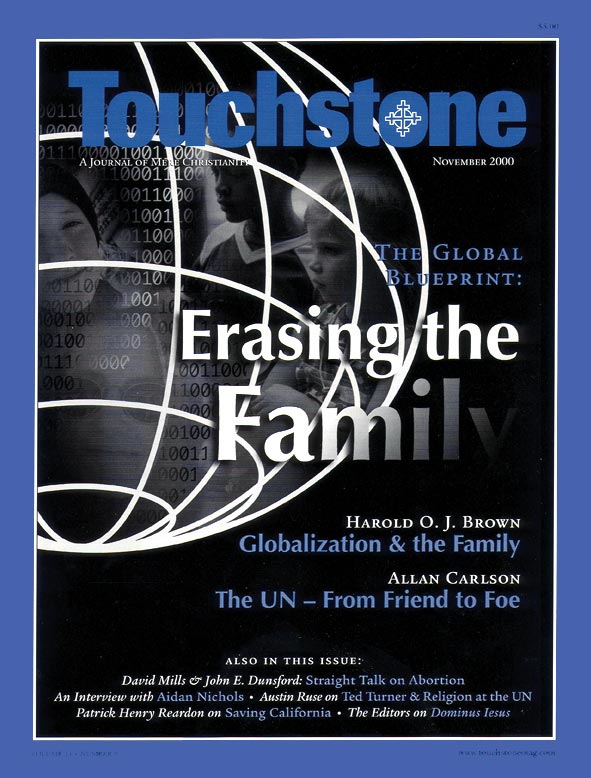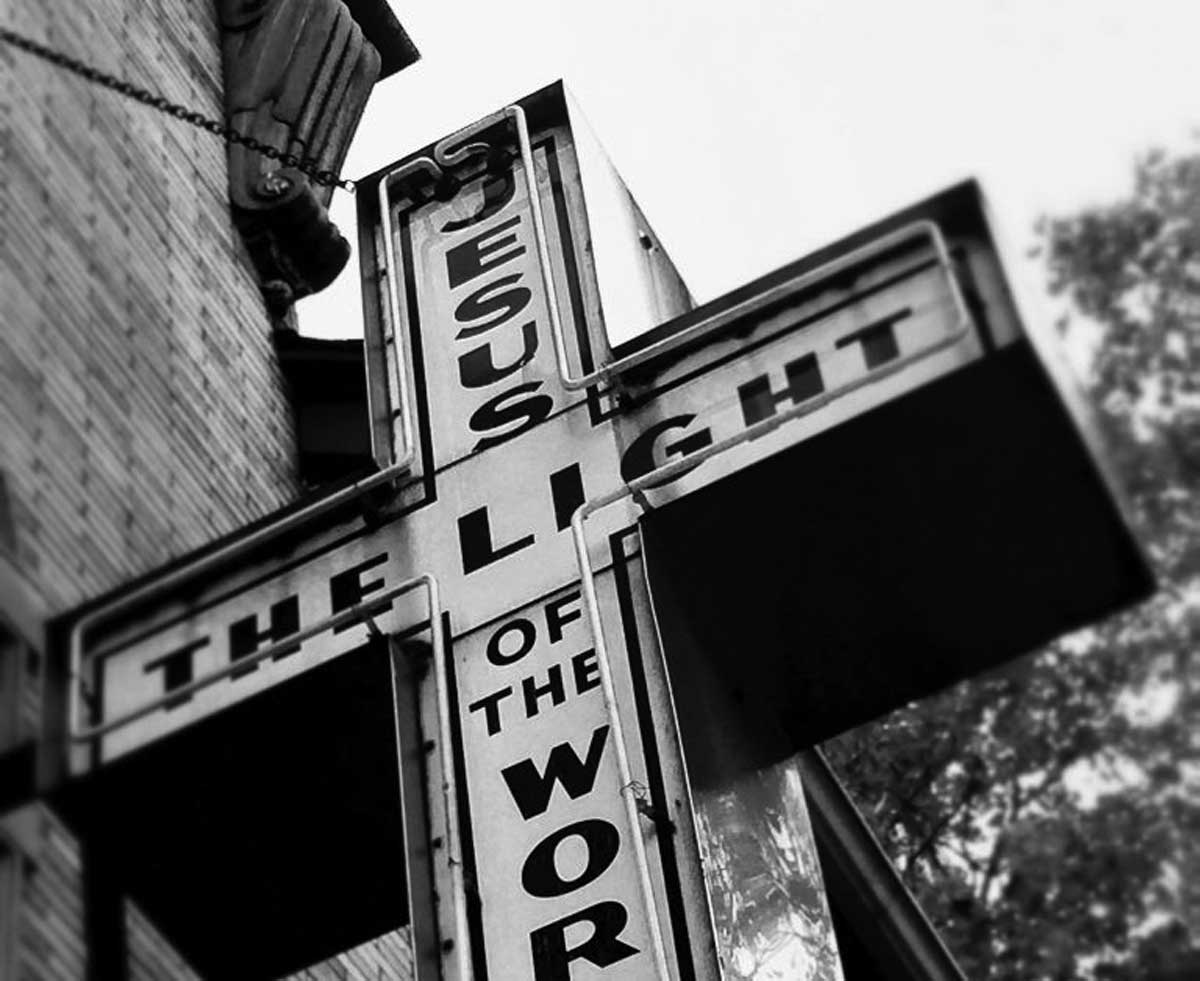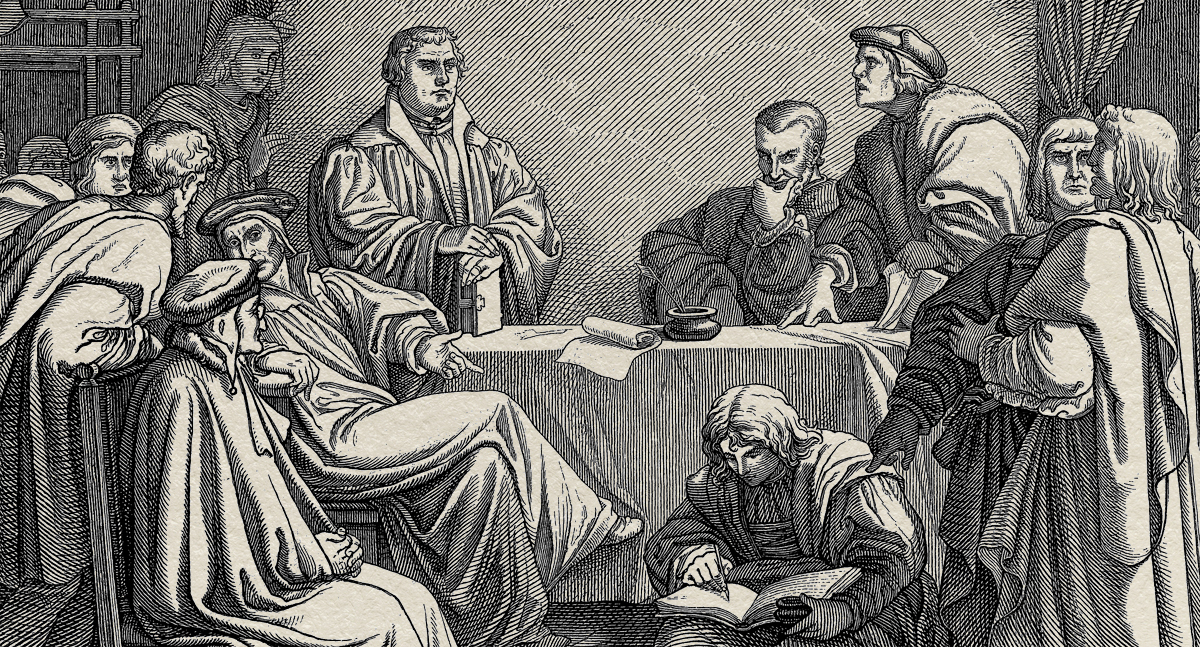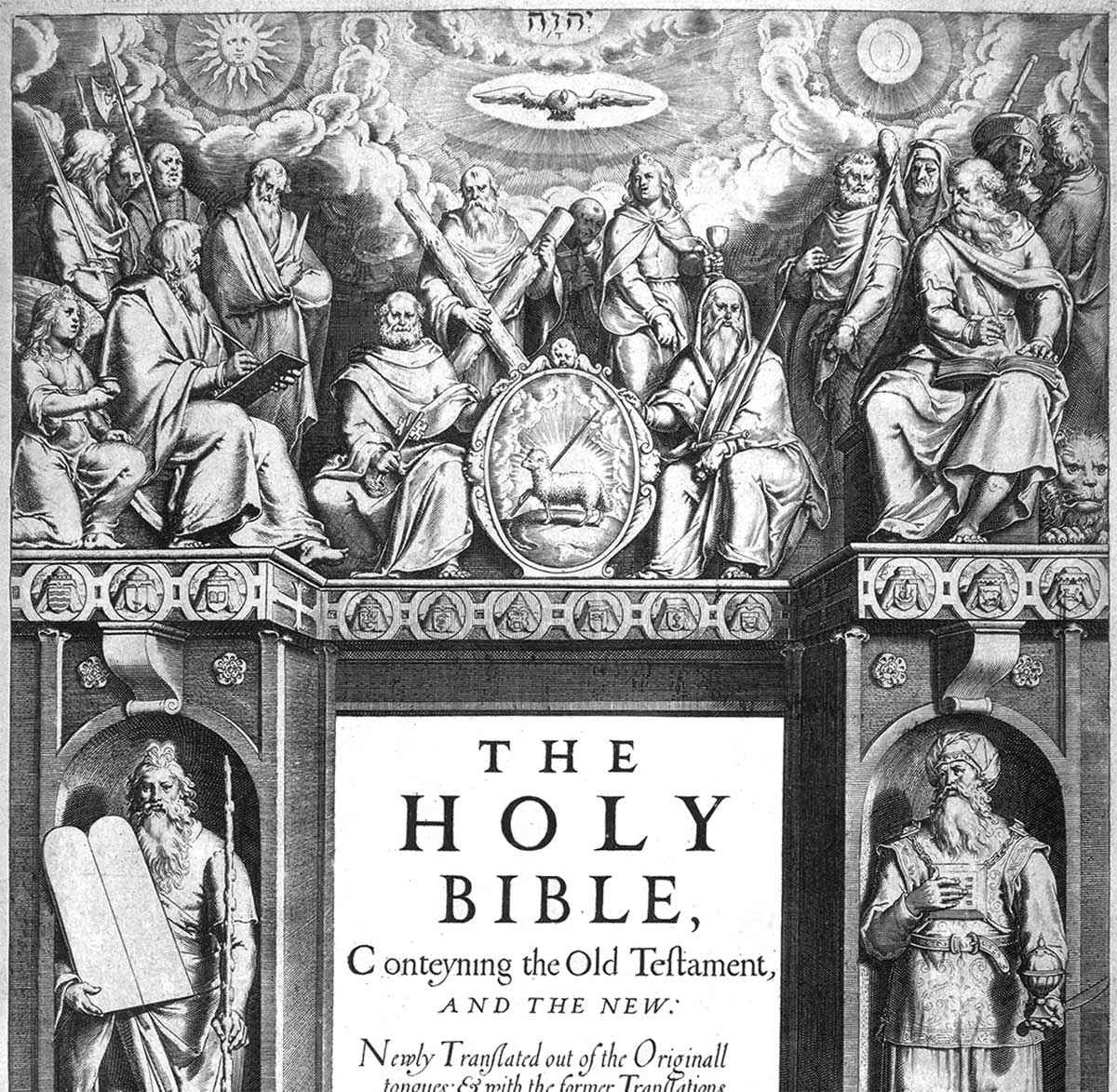Full & Honest Ecumenism
The Most Reverend Glauco Soares de Lima, Anglican Primate of Brazil, does not like Dominus Iesus. In a recent communiqué he joined a chorus of Protestant and Catholic leaders bemoaning the “blow to ecumenical relations” delivered under this title by Joseph Cardinal Ratzinger, prefect of the Congregation for the Doctrine of Faith, and principal Vatican theologian. Cardinal Ratzinger, with the explicit approval of the pope, has officially directed Catholic bishops not to use the term “sister churches” in referring to Protestant denominations. In Dominus Iesus he made it clear that according to Catholic teaching, these churches lack a valid episcopate, and the integral substance of the Eucharistic mystery, and are therefore not churches in the true sense of the term. Rather, they are “ecclesial communities,” ambiguously related to the Mother Church of Rome.
It is not odd, given his convictions, that Bishop Soares considers these pronouncements evidence of William James’s “sick-minded” religion, nor that he regards people who would say such things as timorous fundamentalists retreating from Alvin Toffler’s “third wave” of cybernetic enlightenment. Nor is it surprising that the God in whom he believes is a companion-Father who would never indulge in such religious authoritarianism. This is wish-fulfillment fantasizing typical of the theological liberal who wagers his soul that more than half of what the Bible says about God is false. Mainline ecumenism is imbued with a reverence for the religious progress evident in Bishop Soares’s view of God. This assures that its approved doctrines and practices will be determined by its most progressive—that is, its most radical and unstable—elements. Its theological magisterium is constitutionally unable to recognize a fixity of belief maintained and defended by a teaching authority beholden to Scripture as read from within a defining tradition. The idea being both detestable and inscrutable, there are a limited number of ways it can be dealt with when brought forward. Bishop Soares uses one of them: he calls it a bad name.
What is less reasonable than the bishop’s rancor is the dismay he and any number of similar authorities have expressed at what they regard as the ecumenical setback represented by these documents. Religious progressives have in this century perpetrated outrage after outrage on the beliefs and sensibilities of (among others) serious Roman Catholics, driving themselves and those they represent, despite numerous and clear warnings from the see of Peter, farther than ever from communion or even communication with Rome, all the while indulging the stupendous arrogance of thinking they can still make substantive advances on the ecumenical frontier. They would have Rome overlook not only their ordination of women, increasing acceptance of sodomy, and numerous servilities to the Spirit of the Age, but its own clearly stated and often-repeated beliefs on the status of Protestant churches and their ministries, iterated once again in Dominus Iesus.
THIS ARTICLE ONLY AVAILABLE TO SUBSCRIBERS.
FOR QUICK ACCESS:
S. M. Hutchens is a senior editor and longtime writer for Touchstone.
subscription options
Order
Print/Online Subscription

Get six issues (one year) of Touchstone PLUS full online access including pdf downloads for only $39.95. That's only $3.34 per month!
Order
Online Only
Subscription

Get a one-year full-access subscription to the Touchstone online archives for only $19.95. That's only $1.66 per month!
bulk subscriptions
Order Touchstone subscriptions in bulk and save $10 per sub! Each subscription includes 6 issues of Touchstone plus full online access to touchstonemag.com—including archives, videos, and pdf downloads of recent issues for only $29.95 each! Great for churches or study groups.
Transactions will be processed on a secure server.
more on ecumenism from the online archives
more from the online archives
calling all readers
Please Donate
"There are magazines worth reading but few worth saving . . . Touchstone is just such a magazine."
—Alice von Hildebrand
"Here we do not concede one square millimeter of territory to falsehood, folly, contemporary sentimentality, or fashion. We speak the truth, and let God be our judge. . . . Touchstone is the one committedly Christian conservative journal."
—Anthony Esolen, Touchstone senior editor












